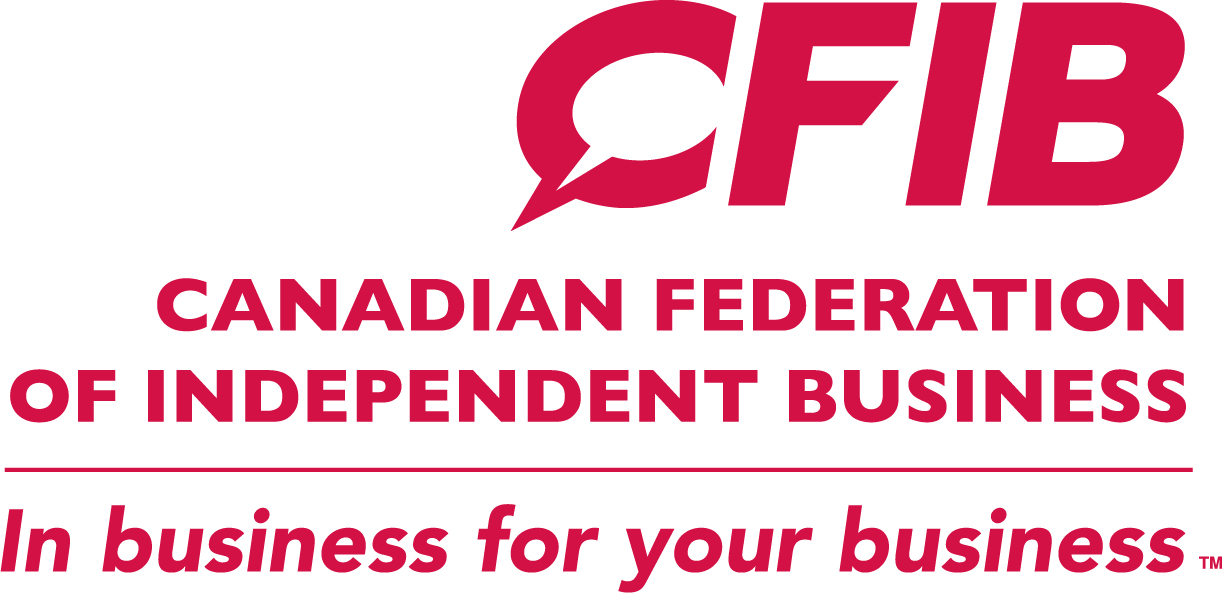Ontario Budget Fails Small Business
Costly mandatory pension plan will kill jobs and growth
TORONTO, May 1, 2014 /CNW/ - The Canadian Federation of Independent Business (CFIB) is deeply concerned with the government's direction in the 2014 budget to increase taxes, shift away from fiscal restraint and impose a forced retirement plan on Ontarians. In particular, CFIB is vehemently opposed to the proposed Ontario Retirement Pension Plan, which will hurt small business owners and their employees by taxing everyone who issues and receives a paycheque and does not currently have a workplace pension. "In one of the worst Ontario budgets ever, the government is picking the pockets of Ontarians, especially the middle class, to pay for it," said CFIB's president Dan Kelly.
Ontario Retirement Pension Plan (ORPP): If implemented, the ORPP would require mandatory contributions from employers and employees of 1.9 per cent each on earnings, starting in 2017. As a result, an individual earning $50,000 per year would take home almost $1,000 less, with the same amount deducted from their employer. "The majority of Ontarians who are struggling to save for their retirement simply can't afford to," added Kelly. "Hitting them with a higher payroll tax deduction on their paycheque is not going to help them."
A recent CFIB survey of almost 3,200 small businesses, found that 79 per cent are opposed to a new mandatory pension plan, with two-thirds saying they would freeze or cut salaries and 42 per cent would reduce the number of jobs. "It doesn't matter whether you call it a premium or an investment, a mandatory pension contribution on top of the CPP is a new payroll tax on jobs and will result in wage and job losses," noted CFIB's Ontario vice president Plamen Petkov. "This is a terrible idea, even worse than the recently-debated CPP expansion. It will put Ontario businesses at a competitive disadvantage to those in provinces which choose not to join this pension scheme."
Deficit reduction: CFIB is alarmed that the government has increased program spending by 3.7 per cent over the last year, when it should have kept it to 1 per cent as per the Drummond Commission recommendations. "The province insists it will eliminate the deficit by 2017-18, but it continues to miss interim targets and relies heavily on potential economic growth to balance the books. Instead, it should seriously commit to reining in spending and legislating a freeze on public sector wages and benefits," said Petkov.
Infrastructure spending: About 84 per cent of small business owners expect new infrastructure and transit projects to be funded by using existing revenue, not by hiking taxes. While some existing revenue streams have been dedicated to transit funds, the budget also increases personal and business income taxes, among others.
Red Tape: The budget re-affirms the government's commitment to continue working with CFIB on reducing the regulatory burden on small business. "However, any potential gains from cutting red tape will be completely offset by the impact the new pension plan would have on small firms and their employees," concluded Petkov.
CFIB is also disappointed that no action was taken to address other important small business concerns, such as repealing mandatory WSIB insurance for business owners and independent operators in construction, reducing high apprenticeship ratios, and providing an immediate relief by cutting skyrocketing hydro rates.
CFIB is Canada's largest association of small and medium-sized businesses with 109,000 members across every sector and region.
SOURCE: Canadian Federation of Independent Business

please call Gisele Lumsden at 647-808-5769 or [email protected].

Share this article